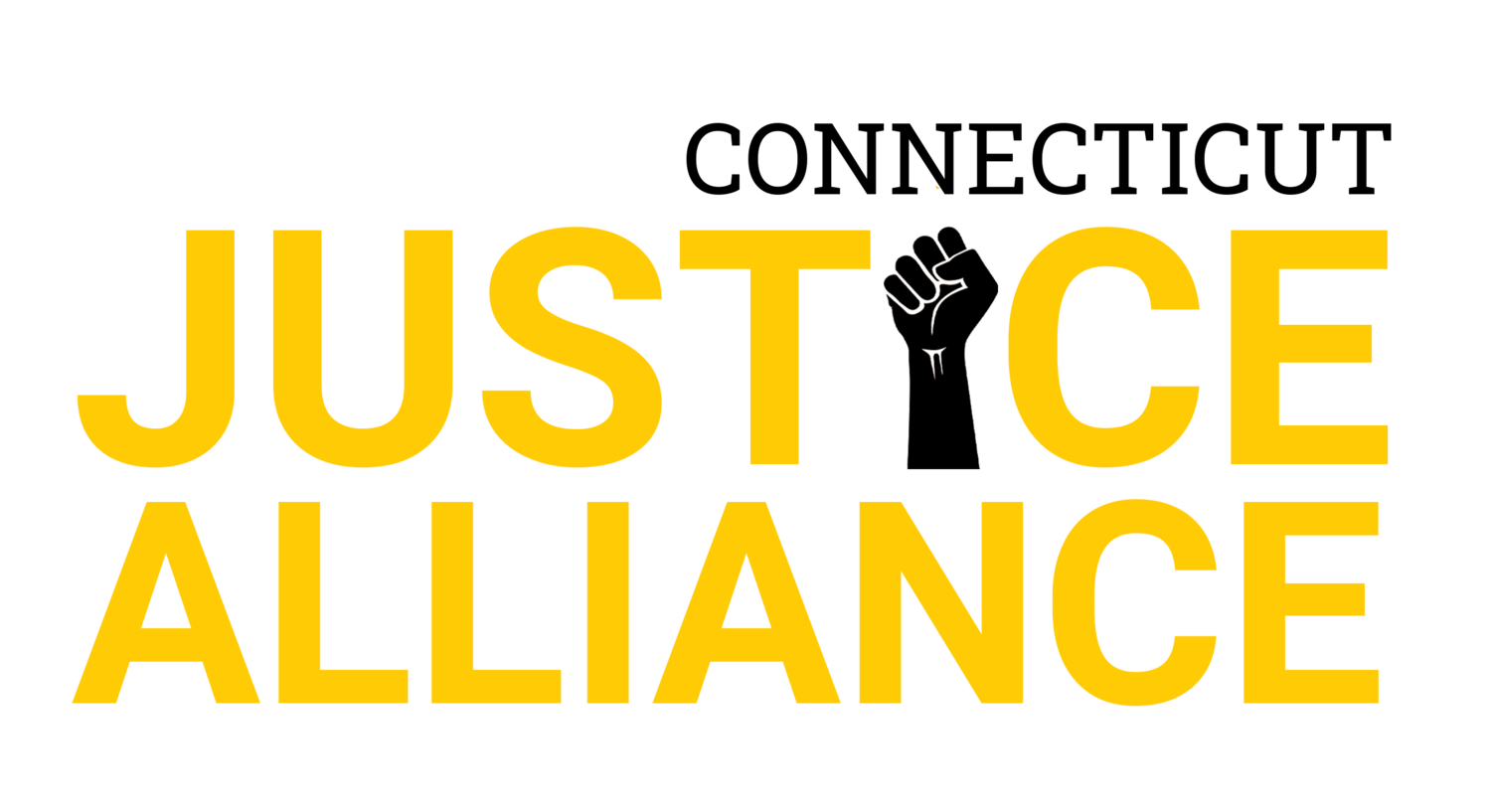Juvenile justice reform in Connecticut needs more young leaders
By Iliana Pujols and Jordyn Wilson
November 20, 2021
To adequately address youth crime, we need to continuously work with the youth directly impacted by the legal system. As part of the younger generation who are dedicated to freedom and equality for all, we believe that more young leaders should be in decision-making positions throughout the state and across the country.
During our time working with The Connecticut Justice Alliance, a youth-adult partnership working to end the criminalization of youth, we have noticed the glaring disparities within the “juvenile justice system.” For one, the fact that Connecticut still uses the word “juvenile” to describe youth in 2021 is deplorable.
Earlier this year, CTJA changed its name from The Connecticut Juvenile Justice Alliance to The Connecticut Justice Alliance because of the negative connotation associated with the word juvenile. We believe that as a society, we need to be using people-first language and remember the implications negative connotations have just for the sake of tradition. This initiative was spearheaded by CTJA’s transition of leadership and expansion of its Justice Advisor team.
The Justice Advisors are a group of young leaders with first or second-hand experience with the legal system. When we started with the organization as Justice Advisors, we had no idea that we’d eventually become part of CTJA’s leadership team. Iliana began with the organization as a founding member of the Justice Advisors and transitioned to their direct supervisor in 2018. Jordyn began her time with the organization as a Justice Advisor in 2019 and transitioned to their direct supervisor in September of 2020, while Iliana transitioned to the Policy Director.
A year into our roles, we’ve reflected on our journeys as young leaders, especially during the pandemic, and the importance of partnering with young people whom the system has directly impacted. Since creating our youth-adult partnership, CTJA has increased the number of decision-making tables and continues to push for other spaces to do the same. We’ve realized that only having adults who believe they know what is best for young people making all the decisions doesn’t lead to great outcomes. Our young people are savvy and are able to communicate their needs far better than any generation before us.
We’ve also realized how our perspectives were very different from most professionals and since have been able to introduce young people to policy conversations and assisted stakeholders in addressing root issues that communities face, and identifying these issues, investing in credible messengers, and have received lots of interest in our vision session practice, which allows our team to host transparent conversations about gaps in the system and ways to fill those gaps across the state in various ways.
Vision sessions allow youth and communities to create equitable solutions to youth crime and express their needs to reduce their system involvement. In the simplest terms: They’re solutions created by young people, for young people.
We can not continue to make policies about young people, communities, and families without including them in the conversation. We need to work with everyone who is impacted to achieve practical solutions. It’s time to acknowledge experience as expertise. How else would we know if programs or services are effective? Or how would we identify the gaps? We urge legislative bodies, organizations, agencies, and programs to center the experiences and opinions of young people and organizations like ours.
This month we are celebrating 20 years of working to end the criminalization of youth and hope to spend the next 20 years toward justice promoting the leadership of young people across the state.
